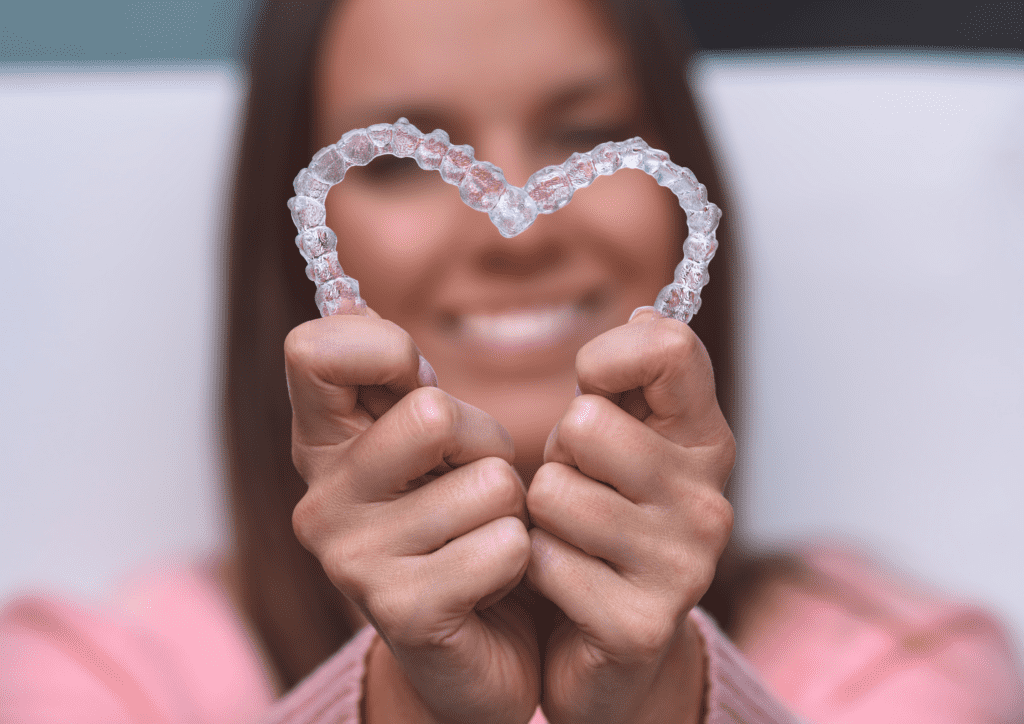Odds are you know what it feels like: You wake up in the morning with that achy, stiff feeling in your jaw. You were tense when you fell asleep the night before, stressed about work, and now you have a dull ache in your teeth, jaw, and gums. You flex your jaw, moving it up and down, side to side, wondering what you can do to get rid of this annoying sensation.
If you’ve ever had this feeling, Bruxism may be to blame.
Bruxism – or teeth grinding – is a painfully common experience endured by up to fifty percent of Australians and, if left untreated, it can cause major problems down the line.
Thankfully, there are many ways to treat Bruxism. Botox for teeth grinding is a relatively new treatment that is showing promise for those who are prone to Bruxism.
First, What is Teeth Grinding?
Bruxism – better known as teeth grinding – is a movement disorder of the jaw that causes an individual to grind or clench their teeth. For most people, this is something that occurs in their sleep, when their conscious mind shuts down and they are unaware of what they are doing. When your teeth grind, your jaw contracts, pressing them together as if you are chewing. This can result in worn down or chipped teeth. In the long run, this can make it more difficult to chew and can also damage the muscles that allow your jaw to move up and down.
What Causes Teeth Grinding?
Generally speaking, stress is the number one cause of bruxism, which can also be defined as the clenching of one’s jaw. Of course, this is not the only cause. Other causes include:
- Suffering from temporomandibular joint disorder, otherwise known as TMD, which is a muscular disorder that can degrade jaw function and cause significant mouth pain
- Anxiety or depression
- Side effects to certain medications
Now, What is Botox?
Botox is an injectable substance that is made up of the bacterium Clostridium botulinum. It has been used for years as part of cosmetic procedures and is injected directly into the face to help smooth out wrinkles. Other common medical uses include reducing sweating, treating migraines, and addressing other medical disorders.
However, new evidence has found that Botox for teeth grinding can be highly beneficial for individuals who are suffering from ongoing relentless pain.
What Happens During The Procedure?
First and foremost: Don’t worry. This is a minor, non-surgical procedure and one that can be done quickly during your lunch hour. Typically, this treatment requires a single session of around 10 minutes. During these sessions, Botox will be injected into your jaw, temple, and forehead. These are relatively minor injections, and while they will likely cause a little discomfort initially, you should be able to return to your regular daily activities shortly after treatment.
Some patients notice an improvement in their teeth grinding within 24 hours of the procedure, however, the majority tend to see results a few days after.
Does it Stop Teeth Grinding?
The research thus far has been positive. Botox works by blocking nerve transmission between your brain and the muscles that have been injected, causing these muscles to relax and unclench – even at night. Whilst more research is needed, studies have shown that Botox for teeth grinding can be beneficial for individuals who regularly suffer from bruxism.
Are There Any Other Options in Treating Teeth Grinding?
Yes. Generally speaking, a dentist won’t immediately jump to Botox as a first option to aid with teeth grinding.
- Therapy or counselling to address sources of stress that have led to Bruxism
- Customized night guards
- Prescription drug therapy
Summary
There is no doubt that bruxism is a painful disorder and if left untreated in the long term, it can lead to a loss of tooth mass, jaw function, and several dental health issues. Fortunately, there are many ways to treat this disorder and administering Botox is one such option available to you.
Bruxism may seem like a normal, common disorder, but here’s the truth: If you are suffering from Bruxism, you should talk to your dentist about it. Putting it on the back burner will only result in additional, potentially avoidable damage to your teeth and gums which may affect your ability to chew and your general well-being.
Thankfully, your dentist is on hand to provide you with a number of options and may indeed recommend Botox as a solution for you.
If you have any questions about the procedure or want to learn more about how we can help you overcome teeth grinding, contact us to arrange an appointment.














